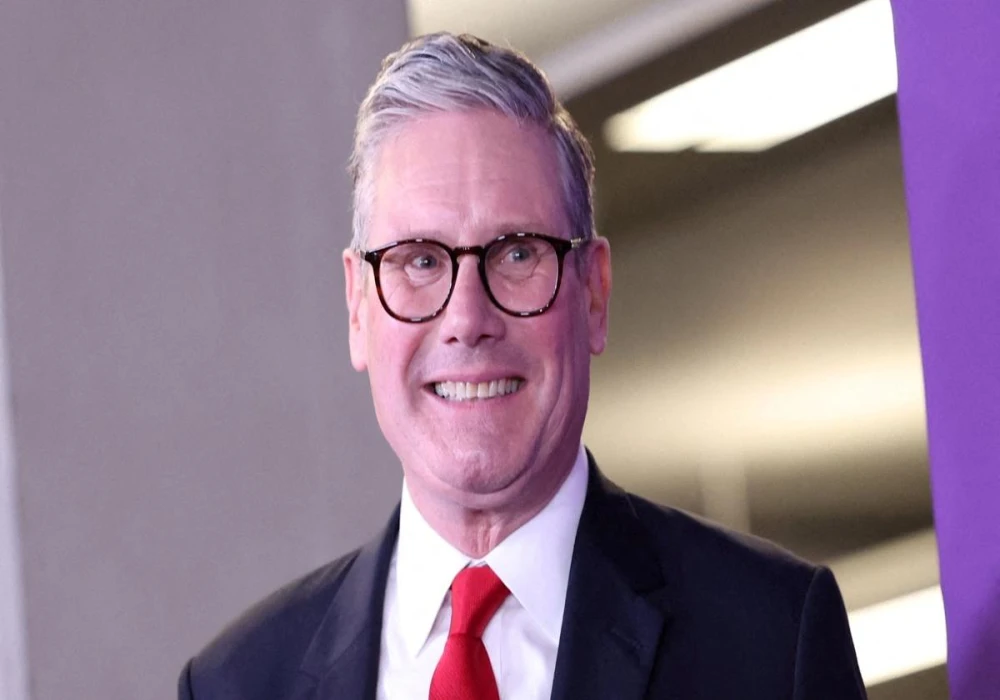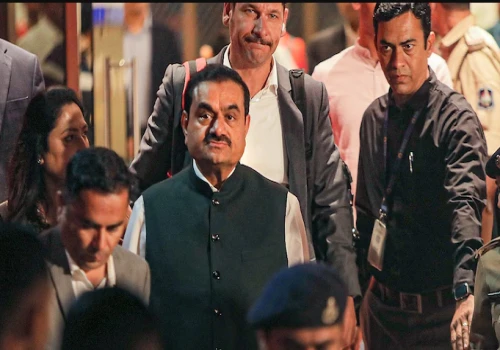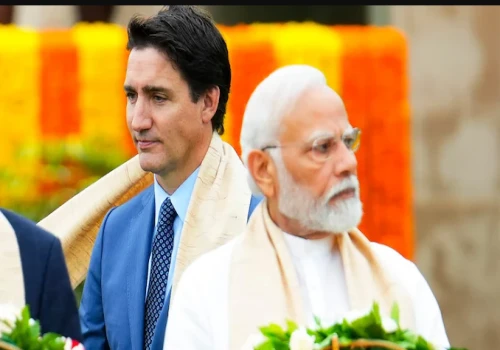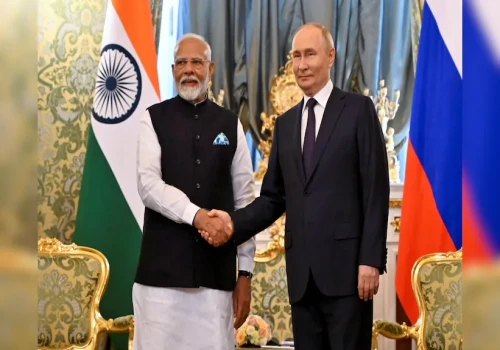
The Labour Party won the United Kingdom’s general elections on Friday (July 5). Keir Starmer is the new Prime Minister.
Labour’s victory is big. They got 412 of the 650 seats in the UK House of Commons. The Conservative Party had its worst defeat in about 100 years. After 14 years of Conservative rule, which saw problems like the cost of living crisis, Brexit, the Covid-19 pandemic, and the energy crisis, the new PM has a lot of work to do.
It is early to say how he will do, but he has already made one big change, making the Labour Party popular again in the four years he has led it. Let's look at his journey so far.
Humble beginnings
Keir Starmer, 61, is a barrister. He often talks about his humble beginnings. His father was a tool maker in a factory, and his mother was a nurse.
Both his parents supported the Labour Party, which fights for the rights of the working class. Starmer was named after the party’s first parliamentary leader, Keir Hardie. This made him connect with the party, and he got involved in politics as a teenager.
He was the first in his family to go to university. He studied law at Leeds University and got a post-graduate degree from Oxford.
At that time, Starmer was involved in a get-rich-quick scheme. He and a friend were caught by French police for illegally selling ice creams on the French Riviera. He was not punished for this minor crime.
Keir Starmer’s vision for ties with India
Last year, he talked about the importance of stronger ties with India. He mentioned global security, climate security, and economic security as key areas for working together.
“My Labour government will seek a relationship with India based on shared values of democracy and aspiration. We want a free trade agreement (FTA) and a new strategic partnership for global security, climate security, and economic security,” he said.
Keir Starmer’s 2024 election promises include pursuing a “new strategic partnership with India, including a free trade agreement, and more cooperation in areas like security, education, technology, and climate change”.










